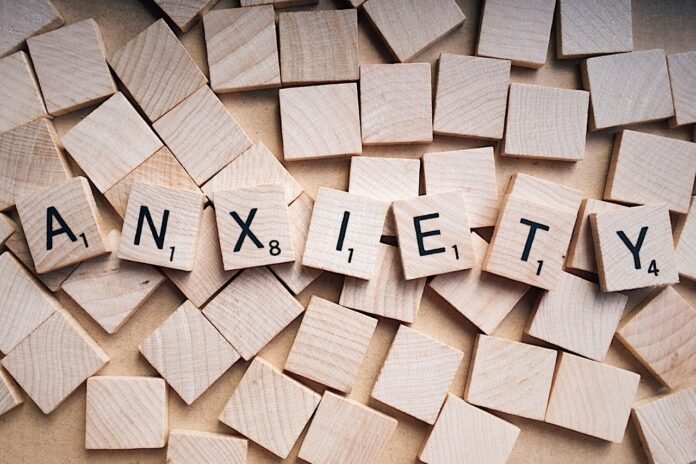It’s no foreign concept that with the constant news cycle, stressful jobs, and family lives, we deal with so much tension in our day to day lives, and we all handle it differently.
According to the ADAA, anxiety affects 40 million adults in the US alone; that’s 19% of the population. But only 36.9% of that population ever seeks treatment for their anxiety.
Some common symptoms of anxiety are:
- increased heart rate
- rapid breathing
- restlessness
- trouble concentrating
Keep in mind that anxiety will show up in different ways for different people. While one may experience a fluttery feeling in their stomach or a racing heartbeat, another might have panic attacks, nightmares, or obsessive thoughts.
Here are four ways to help lessen the symptoms when they begin to feel overwhelming:
Avoid Alcohol
Drinking alcohol has been known to take the edge off at first, since it’s a sedative. However, studies suggest that there is a link between anxiety and alcohol consumption, with anxiety disorders and alcohol use disorder (AUD) often occurring at the same time.
Alcohol also affects your brain’s ability to sleep, which we know leads to heightened anxiety.
Stay active
Regular exercise isn’t just about physical health — it can be a huge help to your mental health, as well.
This could be for a variety of reasons, but studies show that exercise can draw your attention away from what might be causing your anxiety and help clear your mind.
Increasing your heart rate also helps pump those anti-anxiety chemicals, like serotonin, GABA, BDNF, and endocannabinoids into your brain.
Start off with something easy like walking, Pilates, or yoga! This simple act of self care can make a world of difference.
Limit caffeine intake
If you have anxiety, that extra cup of coffee might not be for you. Caffeine may cause nervousness and jitters, both of which can add to your struggle.
Research has shown caffeine may worsen, or even cause, anxiety disorders. It may also lead to panic attacks in people with panic disorder.
This isn’t to say you have to cut it out all together! Just make sure and moderate your consumption.
Prioritize your sleep
Sleep has been proven time and time again to be an important part of good mental health.
The CDC recommends that adults get 7 to 9 hours of sleep every day. However, a survey done in 2012 shows that nearly one third third of adults get less than 6 hours of sleep a night.
Help yourself get the best sleep by:
- Avoiding long naps when your afternoon crash hits
- Avoiding screens in bed (no tv, phones, tablets, or computers)
- Getting up and going to another room if you can’t sleep
- Doing away with distracting lights in the bedroom
- Journaling before bed time.
- Maintaining a solid sleep schedule
If you do suffer from anxiety and these tips don’t seem to help, therapy is a safe and effective option that has helped millions of people who struggle with those racing thoughts and feelings of overwhelm.
If you or someone you know may be struggling with suicidal thoughts, you can call the U.S. National Suicide Prevention Lifeline at 800-273-TALK (8255) any time day or night, or chat online. Crisis Text Line also provides free, 24/7, confidential support via text message to people in crisis when they dial 741741


